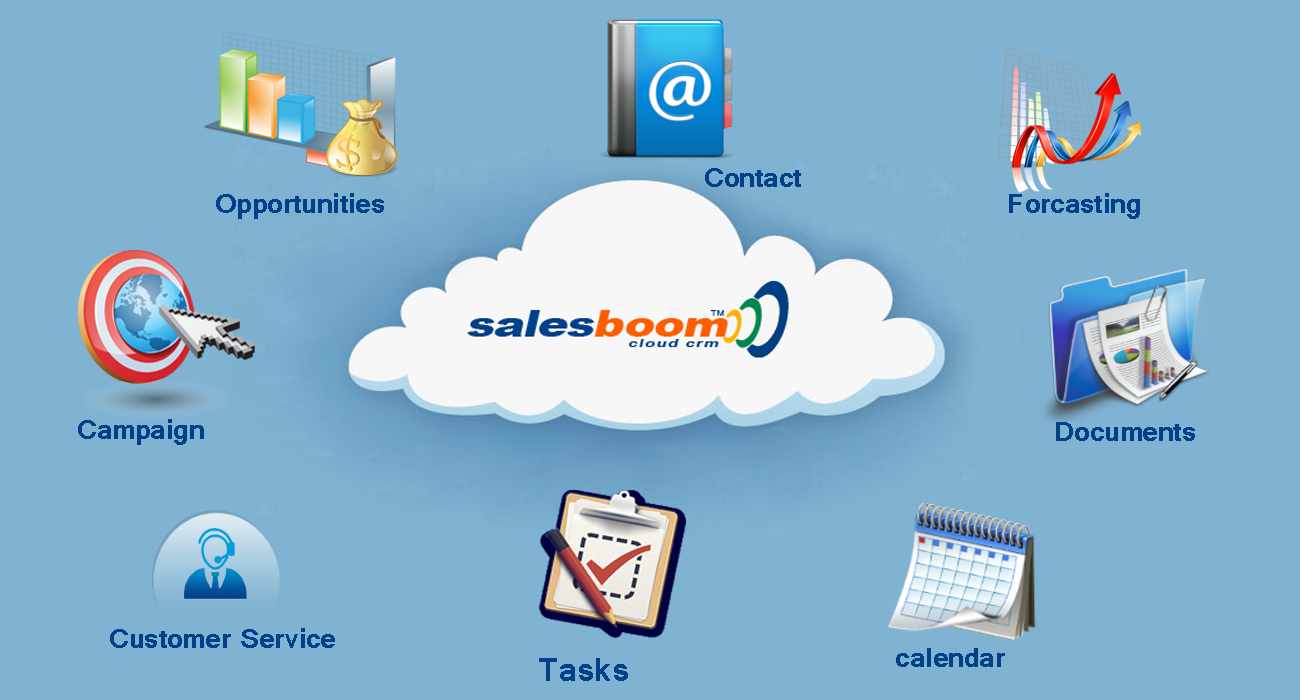Cloud-based CRM software for real estate agents and small teams sets the stage for this enthralling narrative, offering readers a glimpse into a story that is rich in detail and brimming with originality from the outset. As we delve into the world of real estate CRM solutions, we uncover the key benefits, features, and best practices that pave the way for success in this competitive industry.
Overview of Cloud-Based CRM Software for Real Estate Agents and Small Teams
Cloud-based CRM software for real estate is a technology solution that allows agents and small teams to manage their client relationships, properties, and transactions in a centralized online platform. This software enables real estate professionals to access information anytime, anywhere, as long as they have an internet connection.
Benefits of Using Cloud-Based CRM Software
- Improved Accessibility: Agents can access their CRM data on-the-go, whether they are in the office, at home, or out meeting clients.
- Enhanced Collaboration: Team members can easily share information, track activities, and work together efficiently on deals.
- Streamlined Processes: Automating tasks such as lead management, follow-ups, and document storage helps save time and increase productivity.
- Better Customer Service: Agents can provide personalized service by having a complete view of client interactions and preferences.
- Data Security: Cloud-based CRM software offers secure data storage and backup, protecting important information from loss or theft.
Key Features for Real Estate Professionals
- Lead Management: Capture, track, and nurture leads through automated workflows and lead scoring.
- Contact Management: Store client details, communication history, and preferences in one place for easy access.
- Property Listings: Manage and showcase property listings with photos, descriptions, and status updates.
- Transaction Management: Track deals, contracts, and deadlines to ensure smooth closings and compliance.
- Reporting and Analytics: Generate reports on sales performance, pipeline progress, and client engagement for informed decision-making.
Implementation and Integration of Cloud-Based CRM Software in Real Estate Operations
Implementing cloud-based CRM software for real estate agents and small teams involves several key steps to ensure a smooth transition and optimal utilization of the software. It is essential to choose the right CRM software that aligns with the specific needs and goals of the real estate business. Once selected, the software should be customized to fit the workflows and processes of the team.
Comparison of CRM Software Options for Real Estate Professionals
- Consider features: Compare CRM software options based on features such as lead management, contact organization, task automation, reporting capabilities, and integrations with other tools.
- Scalability: Evaluate the scalability of the software to accommodate the growth of the real estate business and the increasing volume of leads and clients.
- User Interface: Assess the user interface of the CRM software to ensure ease of use and adoption by team members with varying levels of technical expertise.
- Pricing: Compare pricing plans and subscription models to find a CRM software that offers the best value for the features and functionalities needed.
Integration of Cloud-Based CRM Software with Existing Tools and Systems
- API Integration: Many cloud-based CRM software solutions offer APIs that allow for seamless integration with existing real estate tools and systems, such as email marketing platforms, property listing websites, and accounting software.
- Data Migration: Ensure a smooth transition by migrating existing data from spreadsheets or legacy CRM systems to the new cloud-based CRM software. This process may require data cleansing and mapping to match the fields and formats of the new software.
- User Training: Provide comprehensive training to team members on how to use the new CRM software effectively, including best practices for data entry, lead management, and reporting.
- Ongoing Support: Establish a process for ongoing support and maintenance of the CRM software to address any issues or updates that may arise post-implementation.
Best Practices for Maximizing the Efficiency of Cloud-Based CRM Software in Real Estate
In order to make the most out of cloud-based CRM software for real estate, it is essential to implement best practices that can help tailor the software to the specific needs of agents and small teams. By customizing the CRM software and leveraging data analytics and reporting features, real estate businesses can enhance decision-making processes and streamline operations effectively.
Customizing CRM Software for Real Estate Needs
- Identify key data points: Determine the specific data fields that are crucial for your real estate operations, such as client information, property details, and transaction history.
- Customize workflows: Tailor the CRM software to match your unique business processes and automate repetitive tasks to improve efficiency.
- Integrate third-party tools: Explore integrations with other real estate tools and platforms to enhance the functionality of your CRM software.
Successful Utilization of Cloud-Based CRM Software
- Example 1: XYZ Realty saw a 20% increase in lead conversion rates after implementing cloud-based CRM software that allowed for personalized communication with clients.
- Example 2: ABC Real Estate Agency streamlined their operations by utilizing CRM data analytics to identify market trends and optimize their property listings.
Leveraging Data Analytics and Reporting Features
- Utilize customized reports: Generate detailed reports on key performance indicators to track sales activities, client interactions, and marketing campaigns.
- Implement predictive analytics: Leverage predictive modeling to forecast market trends, identify potential leads, and optimize pricing strategies.
- Monitor agent performance: Use CRM data to evaluate individual agent performance, identify areas for improvement, and provide targeted training and support.
Epilogue
In conclusion, cloud-based CRM software emerges as a game-changer for real estate professionals, empowering them to maximize efficiency and enhance client relationships. By leveraging the power of data analytics and tailored features, businesses can make informed decisions and drive growth in the dynamic real estate landscape.
